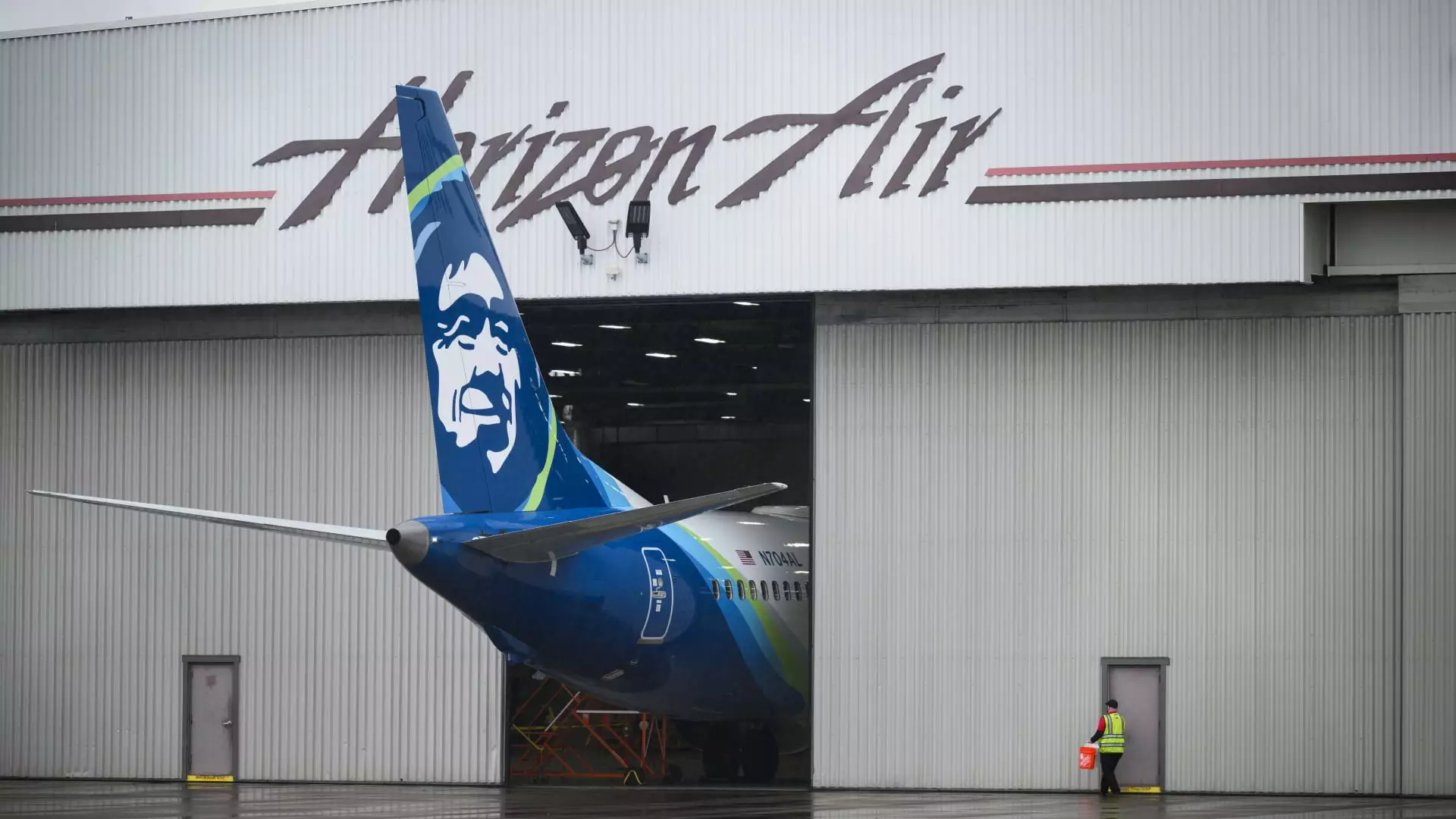The Federal Aviation Administration’s (FAA) recent decision to halt Boeing’s planned expansion of its 737 Max aircraft production has raised concerns about the company’s quality control issues. While the FAA cleared the Max 9 for a return to service, it emphasized that Boeing must address the problems uncovered during the investigation. This article critically analyzes the FAA’s decision and its implications for Boeing’s reputation and future production plans.
The FAA Administrator, Mike Whitaker, made it clear that the FAA is not ready to approve an expansion in production or additional production lines for the 737 Max until Boeing resolves the quality control issues. This decision comes as a significant setback for Boeing, which has been striving to increase the output of its best-selling aircraft to meet the rising demand from airlines in the wake of the Covid-19 pandemic.
Boeing’s attempt to ramp up production raises concerns about the company’s ability to maintain quality standards. The recent incident involving a door plug blowing out during an Alaska Airlines flight highlights the seriousness of these quality control issues. The FAA’s decision serves as a warning that business cannot continue as usual for Boeing until it demonstrates its commitment to safety and quality.
United Airlines and Alaska Airlines, the two U.S. carriers operating the 737 Max 9 planes, were forced to cancel numerous flights due to the grounding. The CEOs of both airlines expressed frustration with Boeing after this incident, which is just one of many manufacturing flaws recently discovered on Boeing aircraft. The airlines have been eagerly awaiting approval from the FAA to inspect their fleets and return the planes to service.
Boeing issued a statement expressing its commitment to cooperating fully and transparently with the FAA. The company emphasized its dedication to strengthening safety and quality, aligning with the FAA’s expectations. However, the FAA’s decision and the ongoing investigation into Boeing’s production lines indicate that the company still has work to do to restore confidence in its manufacturing processes.
The FAA’s announcement had an immediate impact on Boeing’s stock, with shares dropping approximately 1% in after-hours trading. Investors are understandably concerned about the potential disruption to Boeing’s production plans, which could have long-term consequences for the company’s financial performance.
Although the FAA halted the production expansion, it did approve inspection instructions for the Max 9 aircraft, enabling airlines to review their fleets and return the planes to service. Alaska Airlines plans to resume 737 Max 9 flights, gradually adding more planes as inspections are completed. Similarly, United Airlines intends to reintroduce the planes to service starting on Sunday, ensuring thorough safety checks are conducted before doing so.
FAA Administrator Mike Whitaker pledged to maintain a hands-on approach to overseeing Boeing’s production lines. The agency will keep a close eye on the company’s quality assurance systems and conduct direct inspections at Boeing’s factory until convinced that the necessary improvements have been made. This demonstrates the seriousness with which the FAA regards Boeing’s quality control issues and its dedication to ensuring the safety of air travelers.
Boeing’s setback in its 737 Max production expansion, coupled with the issues uncovered during the investigation, highlights the critical need for the company to address its quality control problems. The FAA’s decision to halt the expansion and its ongoing oversight serve as a wake-up call to Boeing, emphasizing that safety and quality must be the utmost priority. Boeing must take swift and decisive action to restore confidence in its manufacturing processes and regain the trust of airlines and passengers worldwide. Only through a rigorous commitment to safety and quality can Boeing hope to navigate these challenges and secure its future as a leading aircraft manufacturer.


Leave a Reply